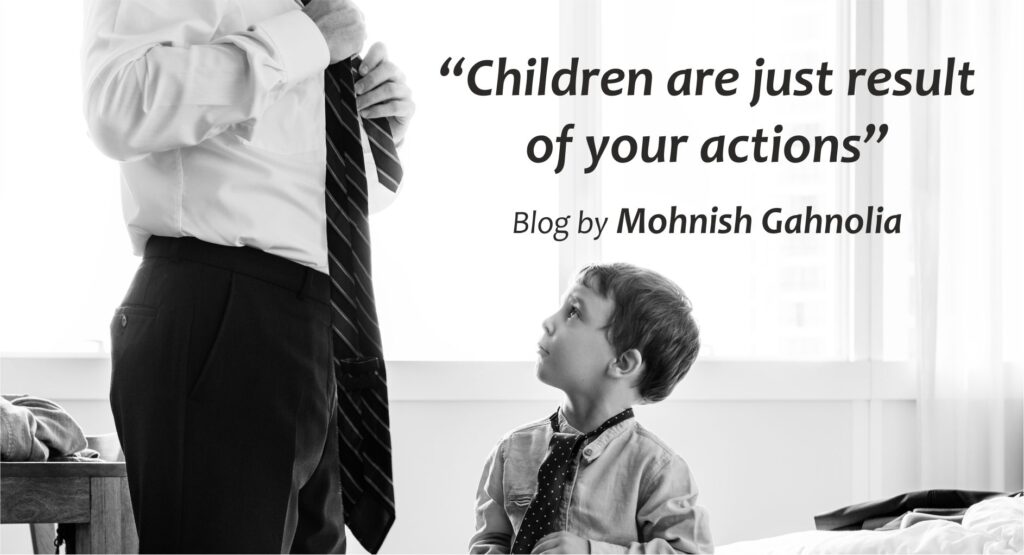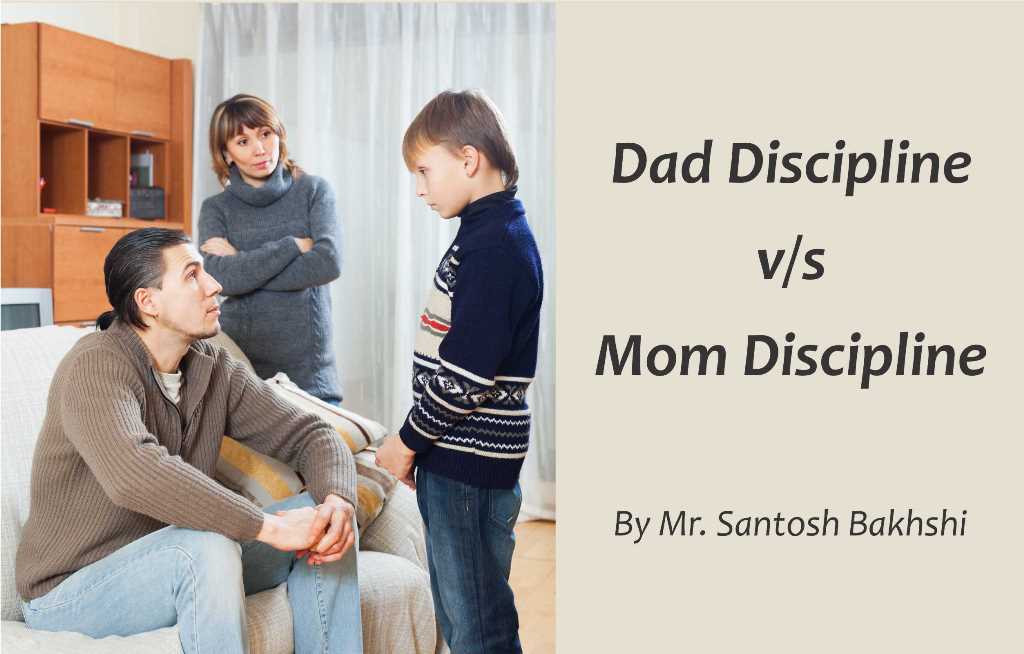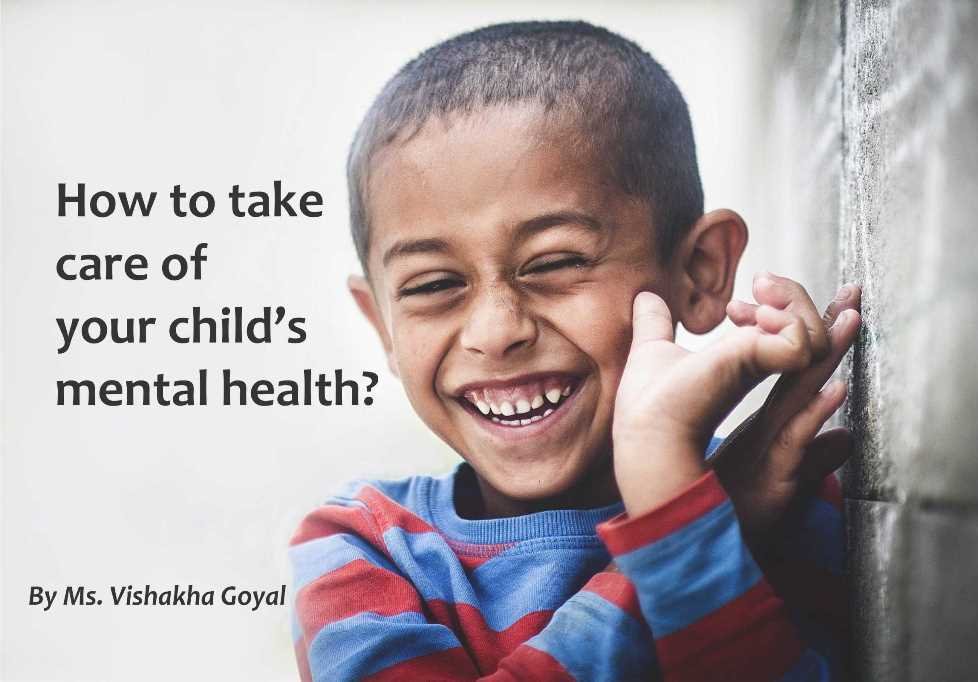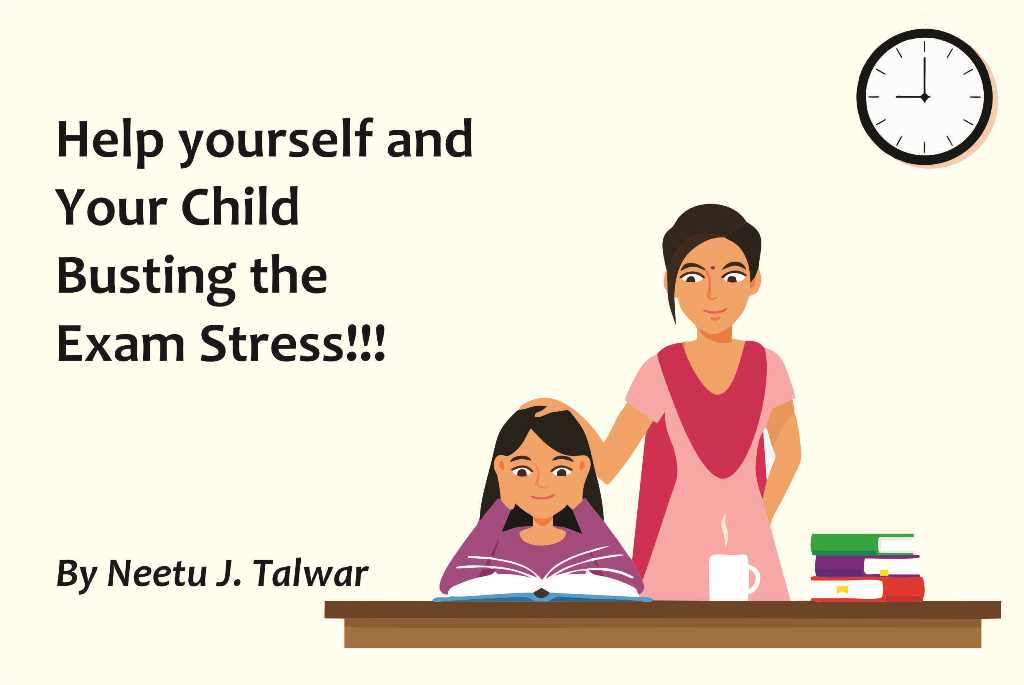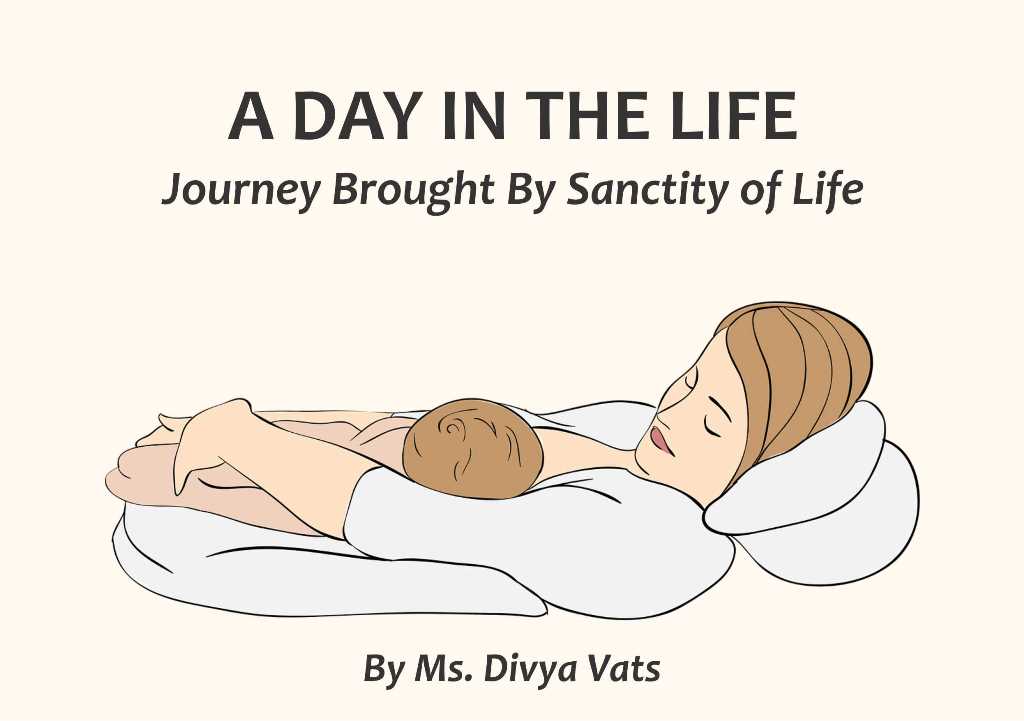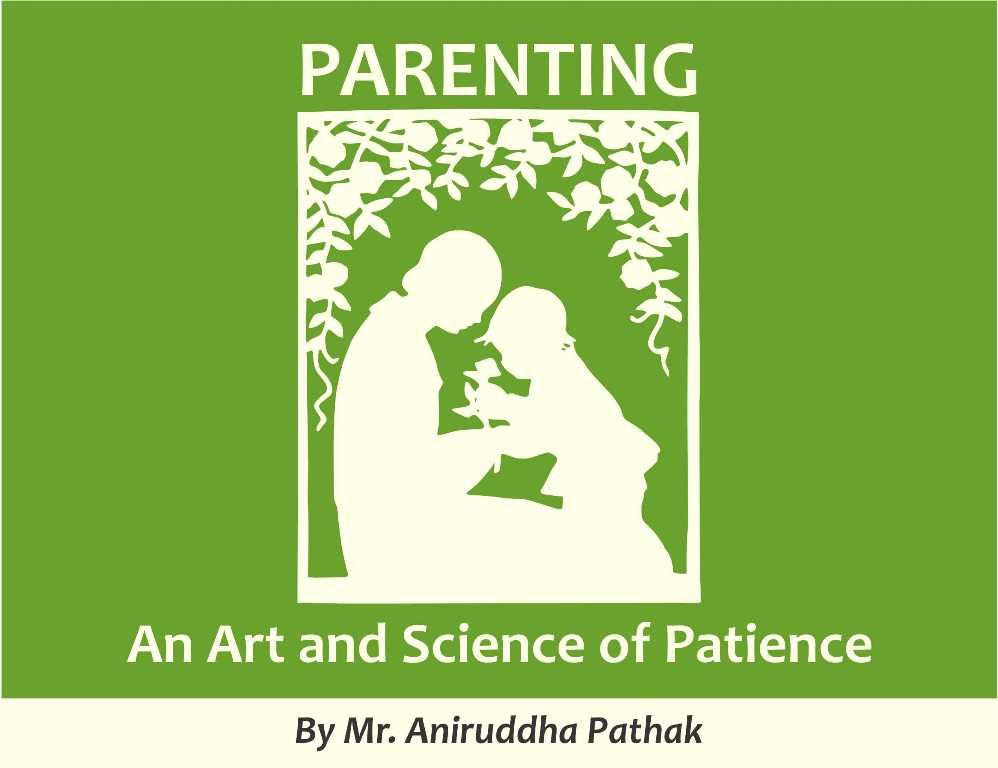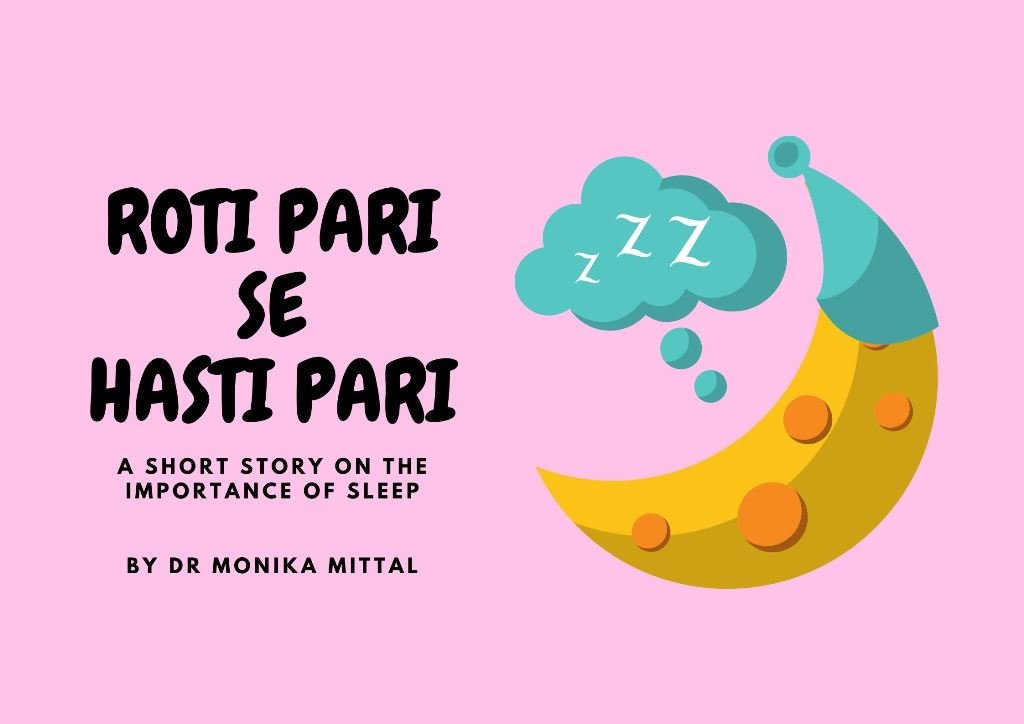
“Children are just result of your actions”
Parents expect their child to be faithful, disciplined (getup early),be polite, helpful, not to greed, exercise daily, sleep early, not to use cell phones, not to eat chocolates and ice creams, get 100% grades, study all the time. Likewise there are thousands of expectations that a child expects from their parents. Aren’t we as a parent over burdening our kids with our never ending expectations?
My question is for each and every parent, are we doing the same things which we expect from our kids to do?
I don’t think so, instead of guiding our kids, we as a parent need to be trained at first, so that we can guide our kids in very healthy and progressive manner. Many of you will contradict with my viewpoint.
Let us understand with one example of our childhood, have you ever came across with the situation at home, when your father were actually present at home and someone from our relative call on landline or came to our door step, and then we were asked to say NO to them, that no one is at home or father is not at home. Don’t we think we ourselves are guiding and teaching our children to speak lies, then how do we expect our kids to speak truth always?
Let’s understand with a story,
In 1930’s there was a lady whose son was eating Jaggery a lot, but her mother wanted his child to stop this habit, so that lady decided to go to his idol Mahatma Gandhi, and she walked many km to reach Mr. Gandhi in very hot summer and finally reached his Ashram, then she requested Mr. Gandhi to help her out so that her child stop eating Jaggery. After listening patiently Mr. Gandhi asked that lady to come back after 2 weeks, and after two weeks that lady came once again and then Mr. Gandhi asked that boy, you should stop eating Jaggery it is not good for health, boy nodded and promised that he will not be eating Jaggery anymore, Mother was so curious why Mr. Gandhi took 2 weeks to say just one line,
Mr. Gandhi smiled and said 2 week before I was also obsessed with eating Jaggery, in 2 weeks I have quit eating Jaggery, so I needed time to do this.
So from this story we all parents should learn whatever we are guiding to our kids, Are we doing the same thing, if no then try to follow yourself first. It seems very typical to do it initially, but it will definitely give you best results in longer period for sure. Children are just result of our action, whatever we are doing, If we will exercise there is more chance that our child will exercise, if getup early our child will get up early, if we speak truth our child will speak truth, if we are polite, our child will be polite, if we share things and daily experiences with our kids then our child will also do the same with us. These small changes can persuade our kids to do what we expect from them.
“So our children are just result of our actions, so check your actions first, change your habits, change your daily routine, it will persuade your child to follow it, because your child will not do whatever you ask them to do, they will do whatever they see”.
Mohnish Gahnolia
Parenting Coach

